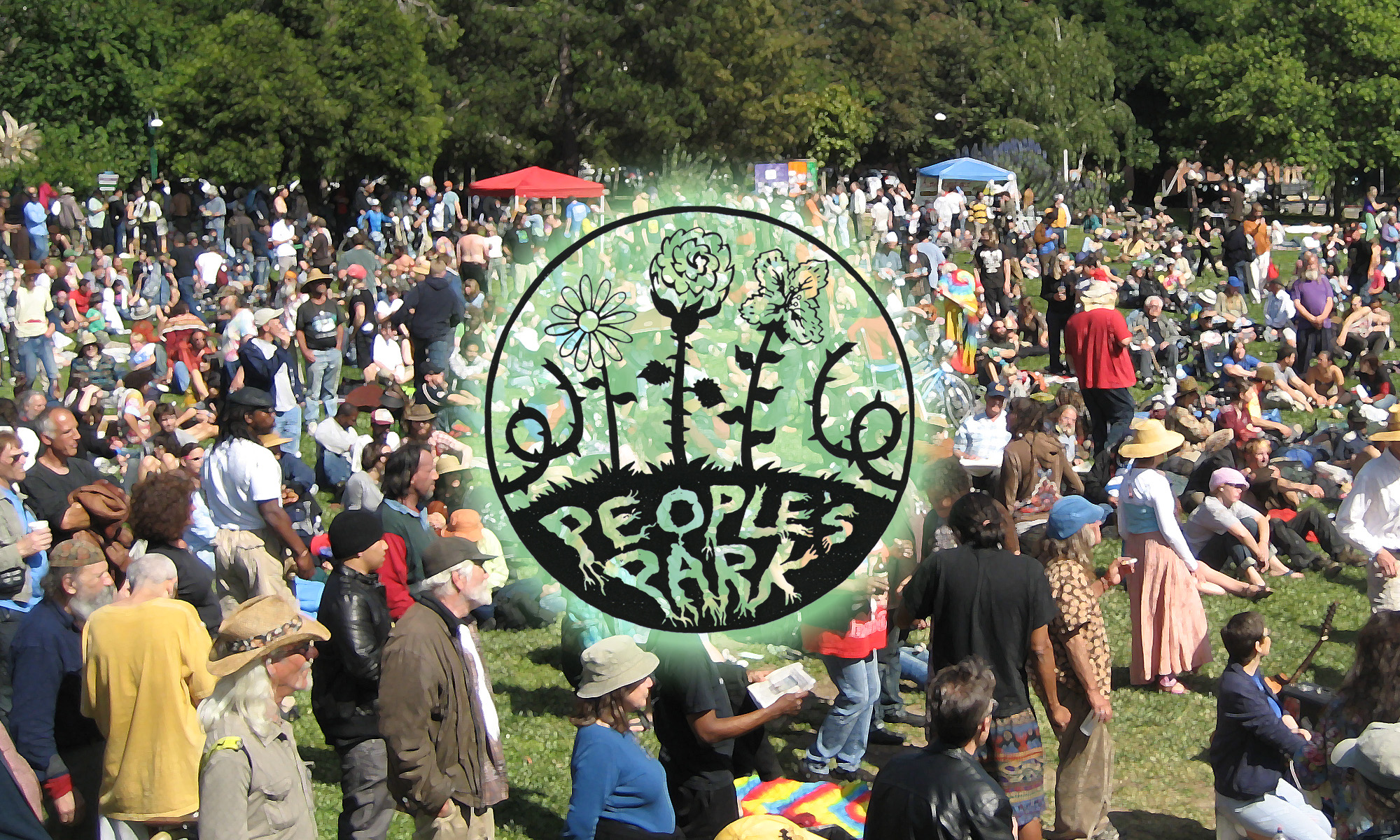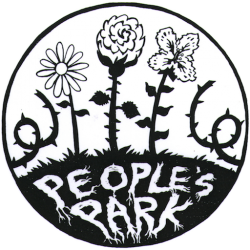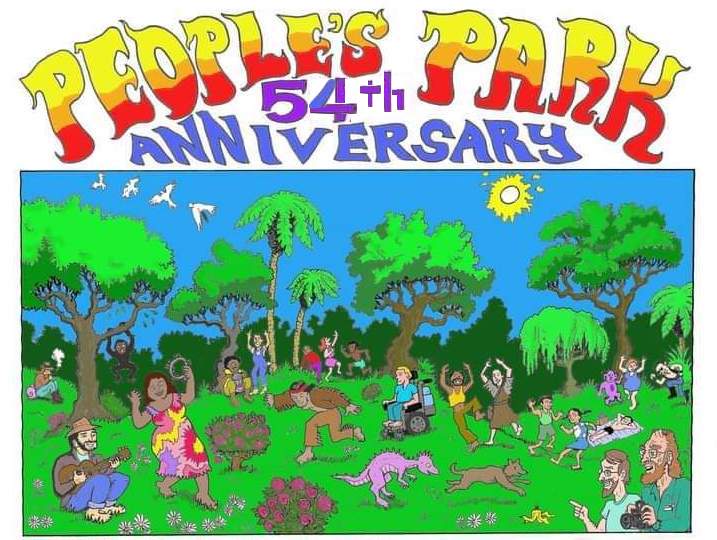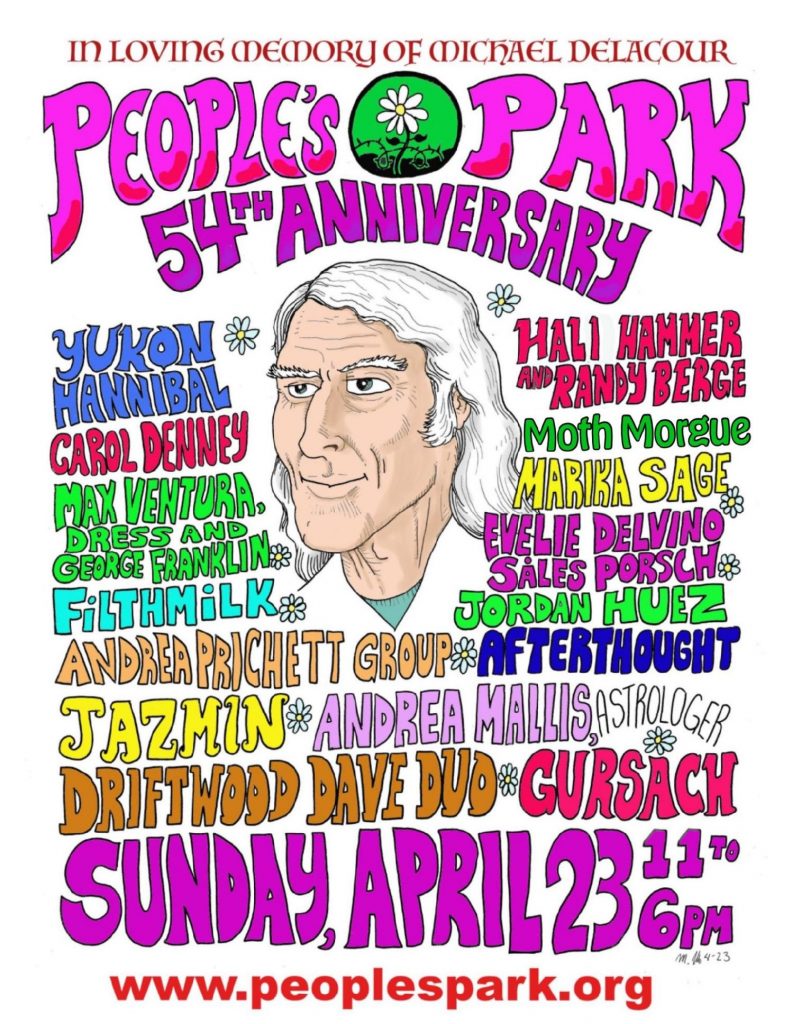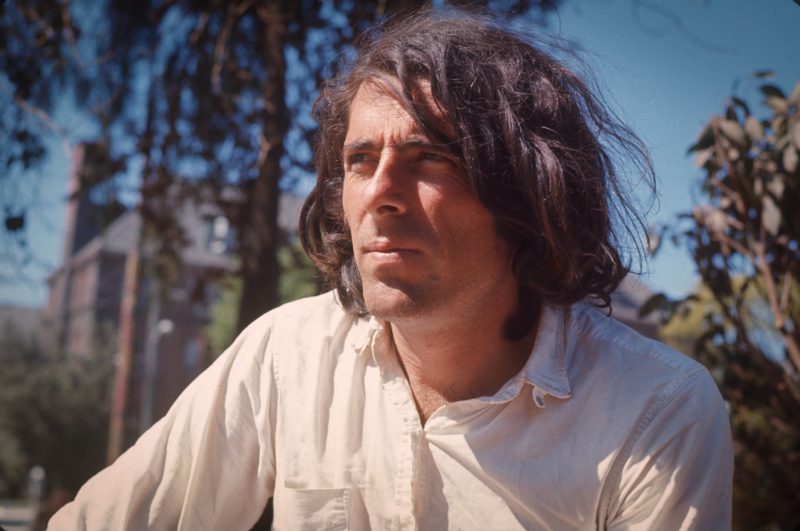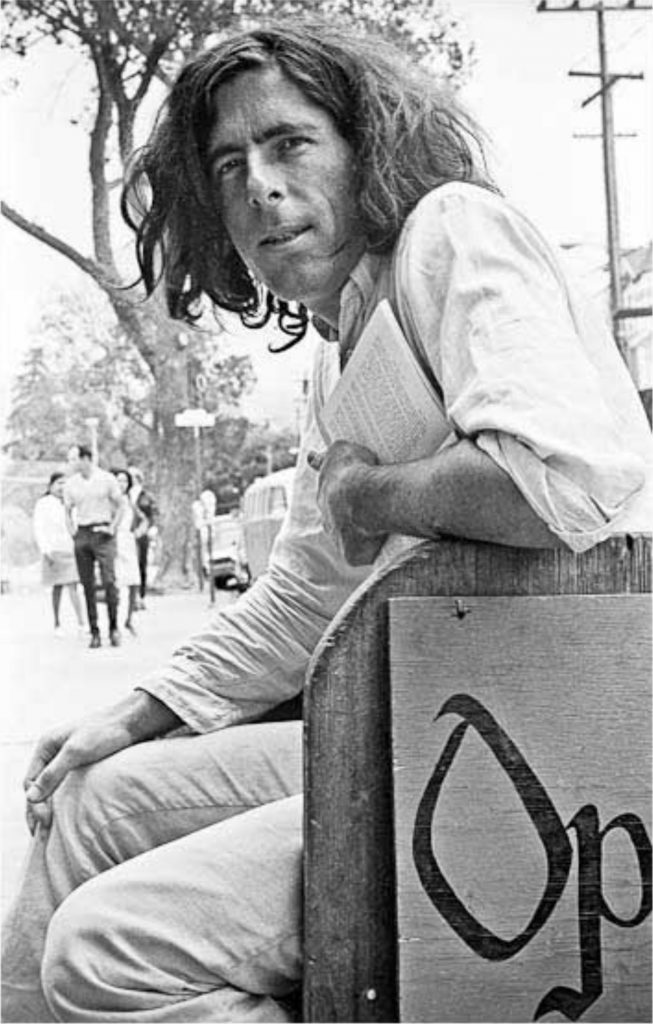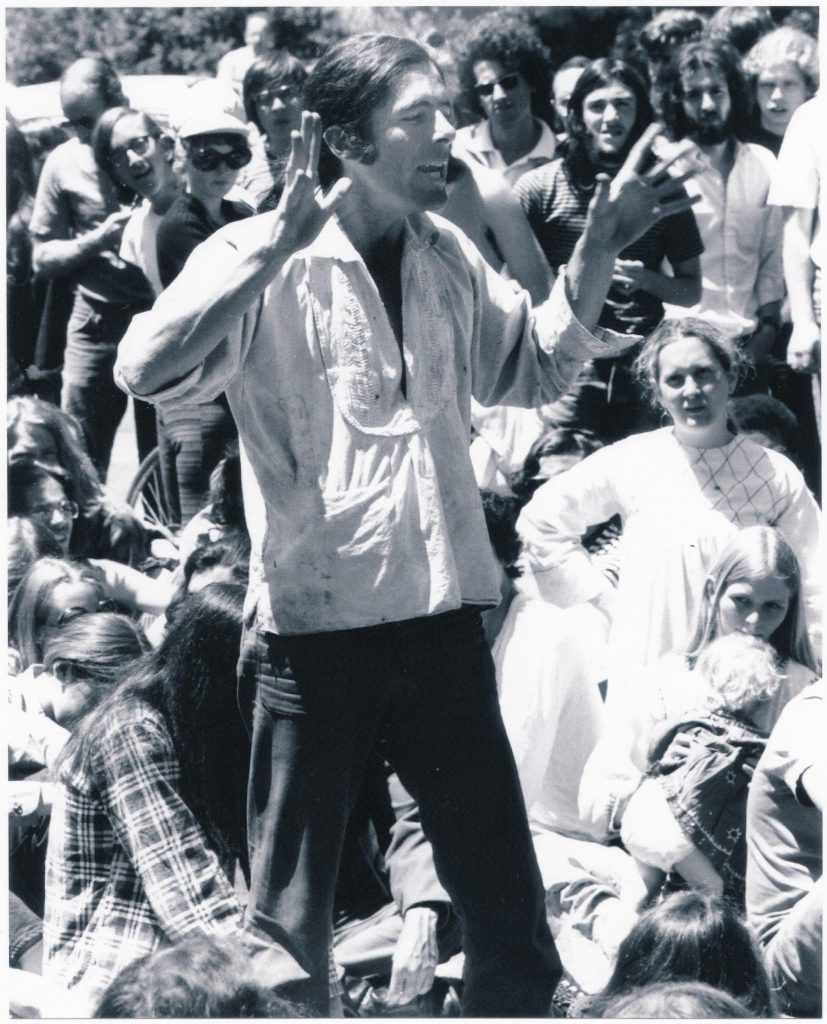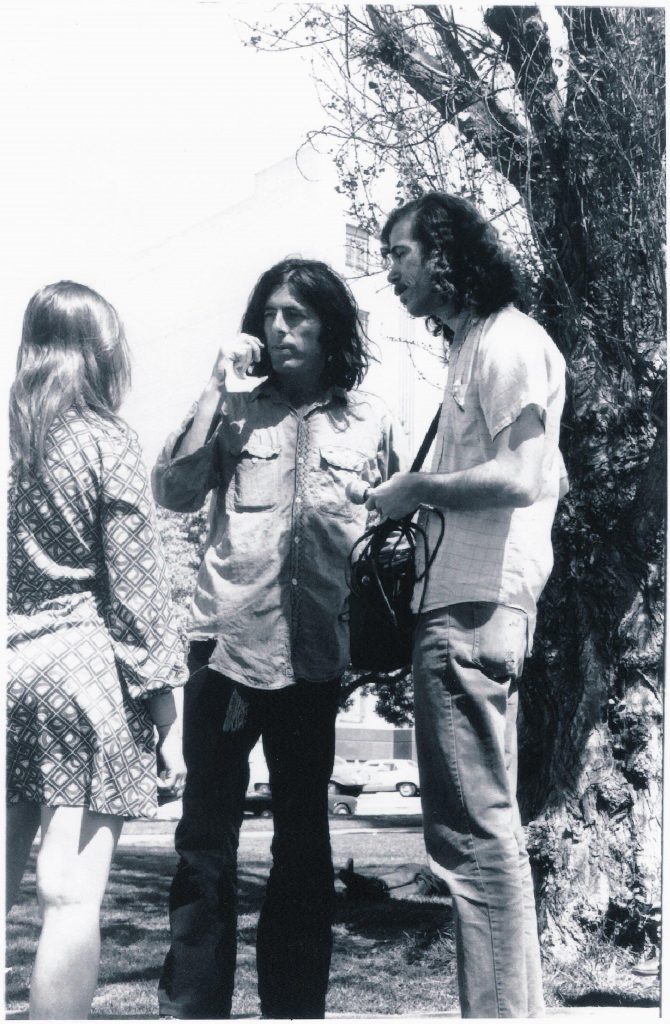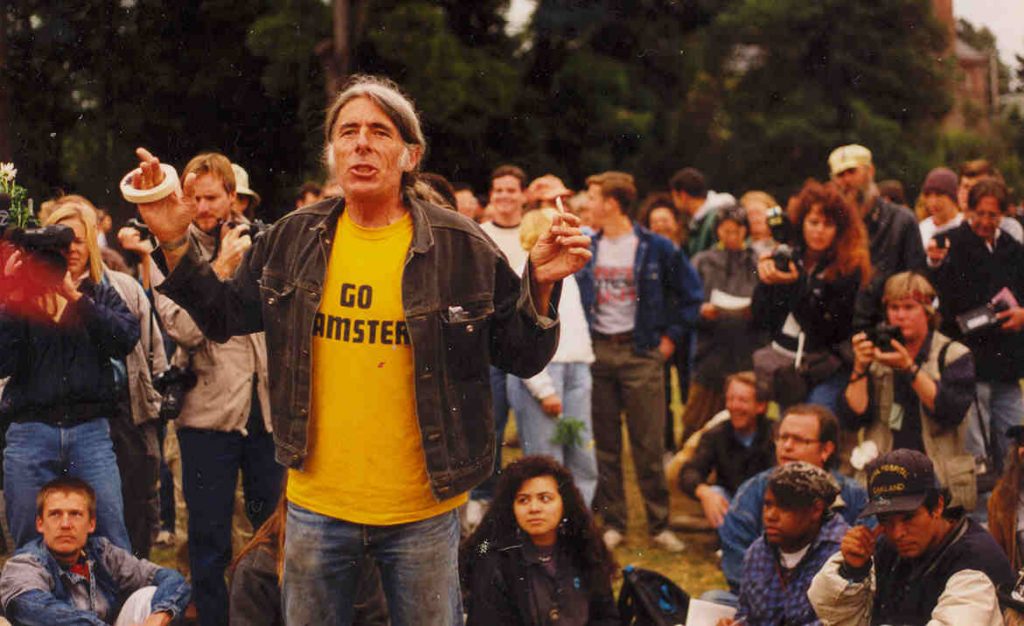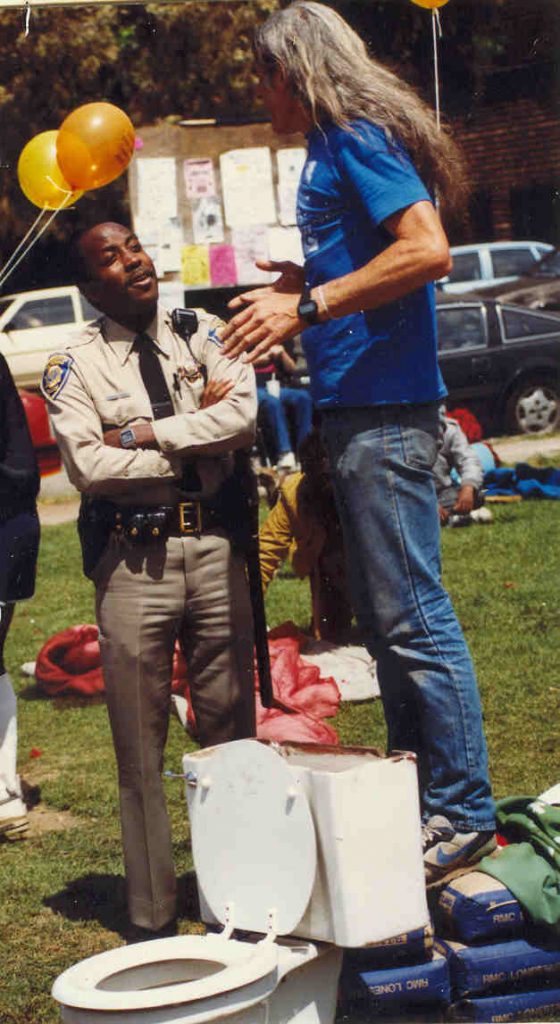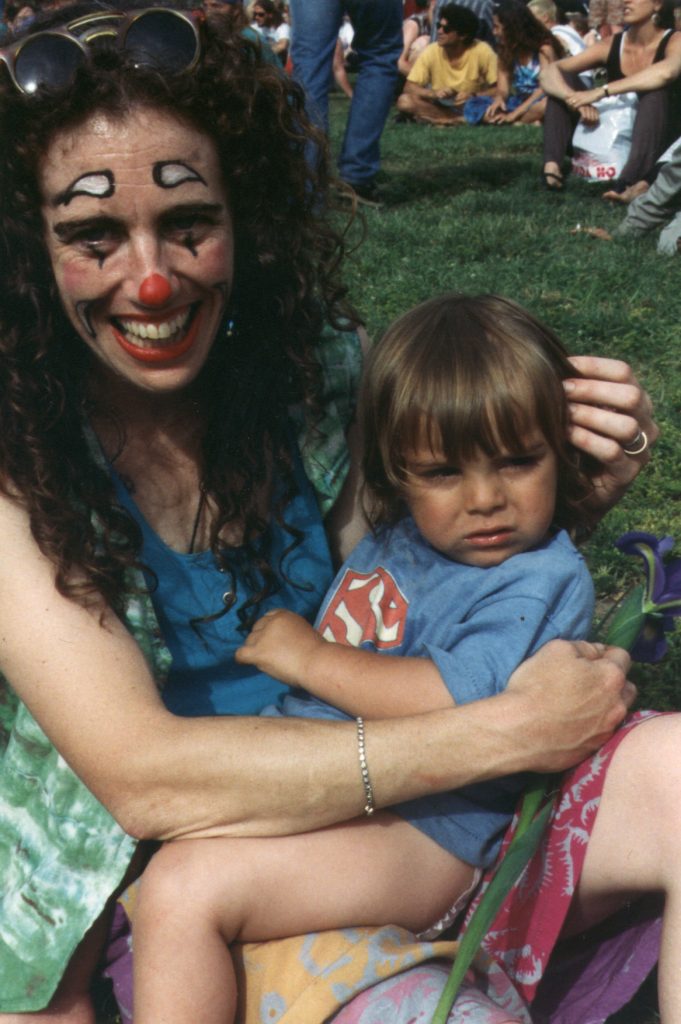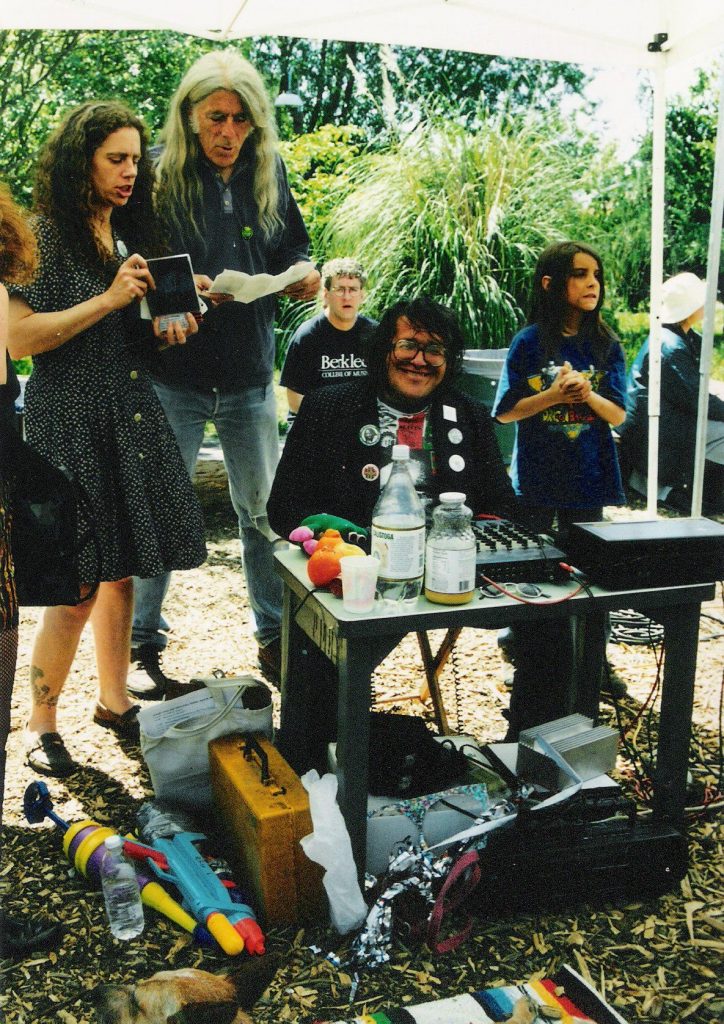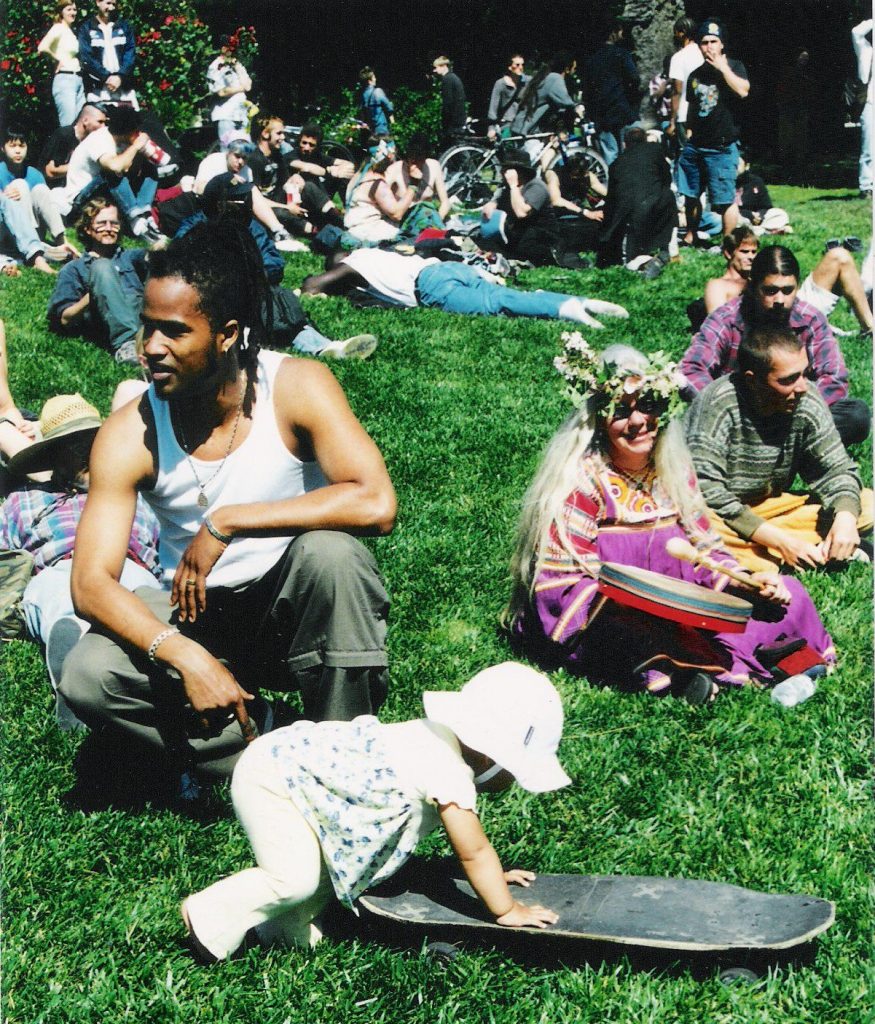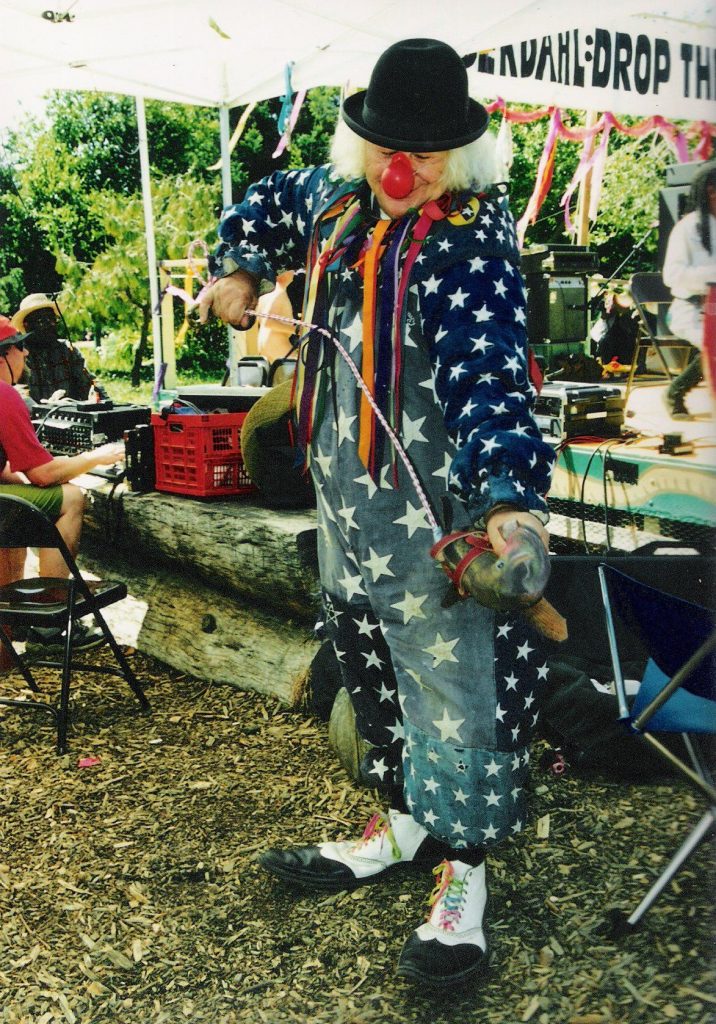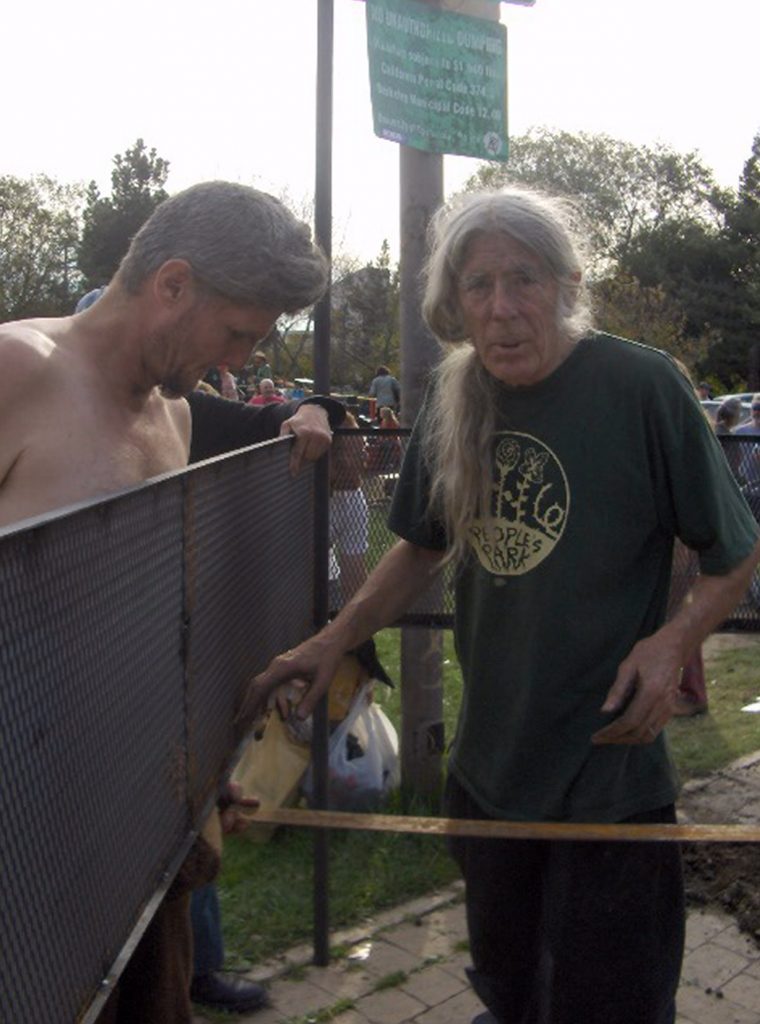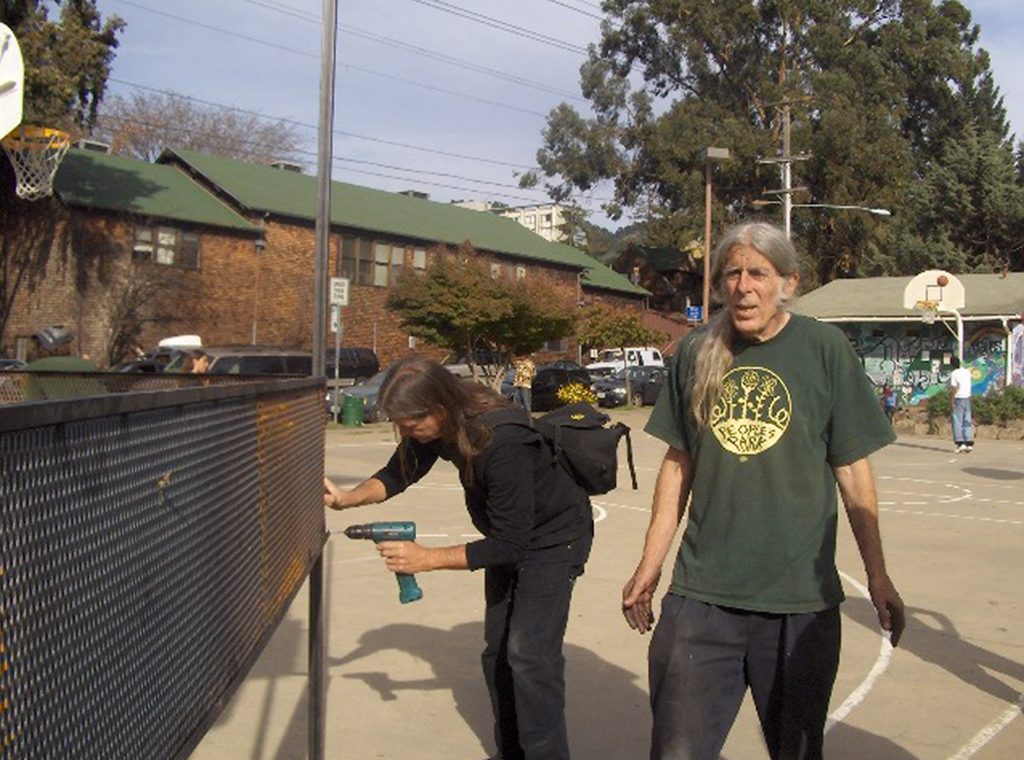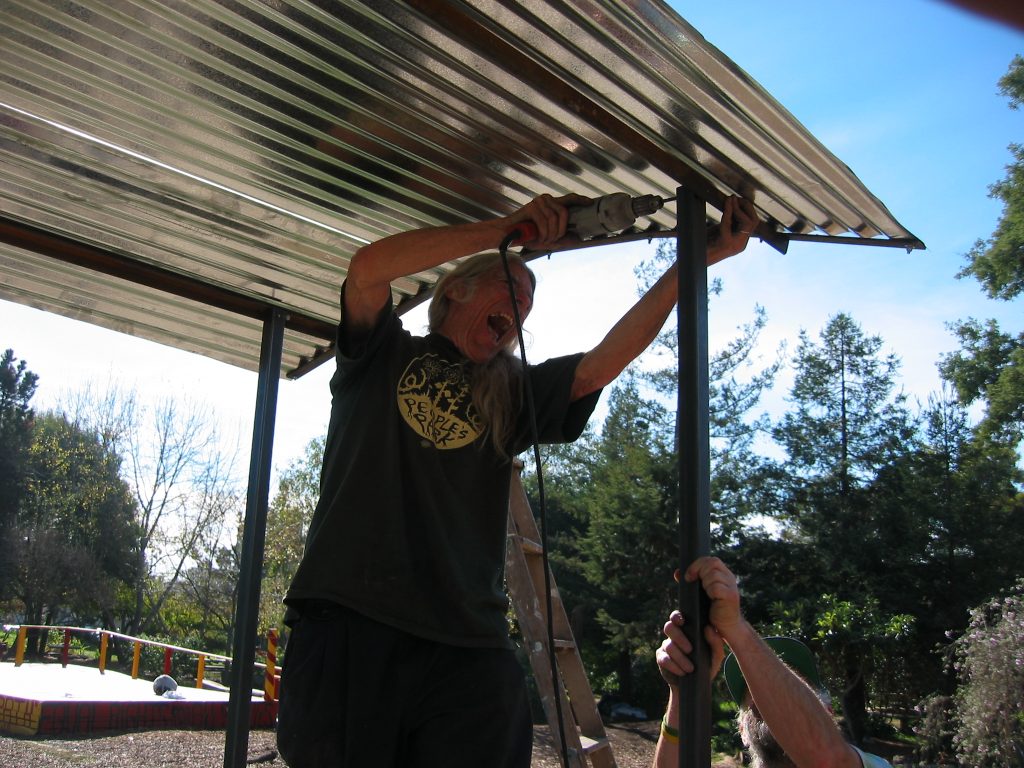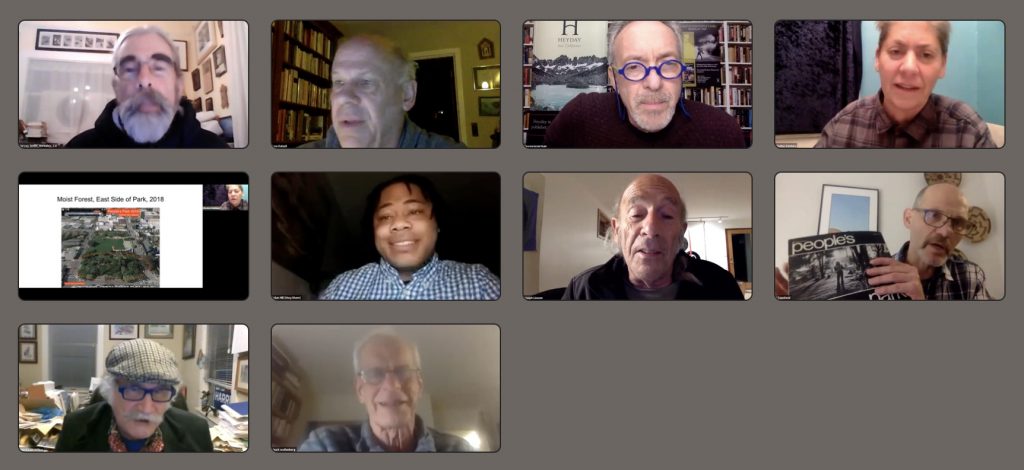National Trust for Historic Preservation®
December 22, 2023
Harvey Smith
People’s Park Historic District Advocacy Group
P.O. Box 1234
Berkeley, CA 74701-1234
Re: People’s Park, Berkeley, CA, and Make UC a Good Neighbor v. Regents of the University of California, No. S279242
Dear Mr. Smith,
The National Trust for Historic Preservation (“National Trust”) wishes to express our support for the preservation of historic People’s Park in Berkeley, California. People’s Park is listed on the National Register of Historic Places as nationally significant for its association with student protests and countercultural activities during the 1960s. The National Register of Historic Places is fundamentally a land-use planning tool that is intended to help prevent the loss of and harm to historic resources, and People’s Park’s inclusion on it should encourage just such a positive outcome. The National Trust is committed to advocating for significant historic places like People’s Park, and we hope that our support helps emphasize the national significance of People’s Park and the importance of exploring all possible opportunities for its preservation.
The National Trust was chartered by Congress in 1949 as a private charitable, educational, and nonprofit organization to “facilitate public participation” in historic preservation, and to further the purposes of federal historic preservation laws. See 54 U.S.C. § 312102(a). With over one million members and supporters, the National Trust works to protect significant historic places and to advocate for historic preservation as a fundamental value in programs and policies at all levels of government. In addition, the Chairman of the National Trust has been designated by Congress as a member of the Advisory Council on Historic Preservation (“ACHP”), which is responsible for overseeing federal agency compliance with Section 106 of the National Historic Preservation Act, id. §§ 304101(8), 304108(a).
One of the National Trust’s core areas of advocacy is the defense of local, state, and federal historic preservation laws. We understand that the People’s Park Historic Advocacy Group is currently involved in a lawsuit challenging, among other things, the inadequate analysis of alternatives under the California Environmental Quality Act (CEQA). The National Trust wishes to express our support for the full exploration of all potential alternatives that result in the preservation of People’s Park. The exploration of alternatives is a core protection provided to historic places by CEQA. For projects that are not dependent on a single location, such as the proposed construction of student housing, a robust alternatives analysis can often identify superior win-win solutions that allow both preservation and new construction. We hope that just such a solution can be identified that enables both the construction of new student housing in Berkeley and the preservation of People’s Park.
The National Trust would be happy to work with the People’s Park Historic Advocacy Group to help envision historic preservation opportunities at People’s Park and to advocate for its preservation. People’s Park is a unique historic place that is integral to the story of both Berkeley and the nation, and the National Trust supports the work that the Advocacy Group is doing to prevent its destruction. Please feel free to share this expression of our support in any way that may be helpful, and we look forward to continuing to work with your organization.
Sincerely,
Rob Nieweg
Senior Vice-President
Preservation Services & Outreach
Elizabeth S. Merritt
Deputy General Counsel
Chris Cody
Associate General Counsel
600 14th Street NW, Suite 500, Washington, DC 20005
E law@savingplaces.org P 202.588.6035 F 202.588.6038 SavingPlaces.org
